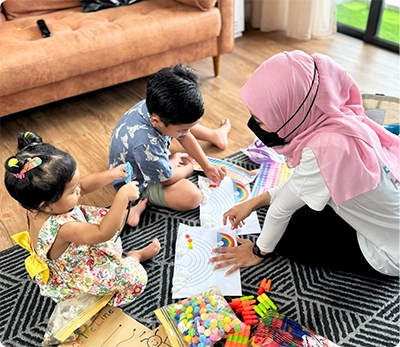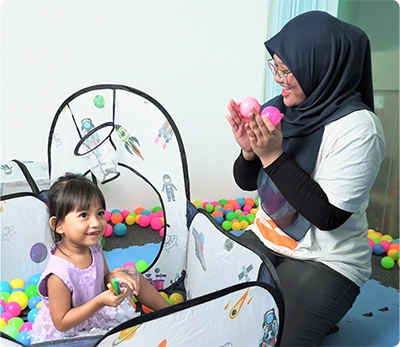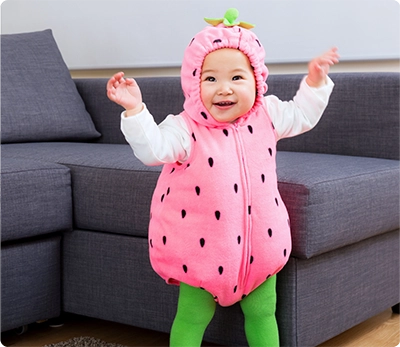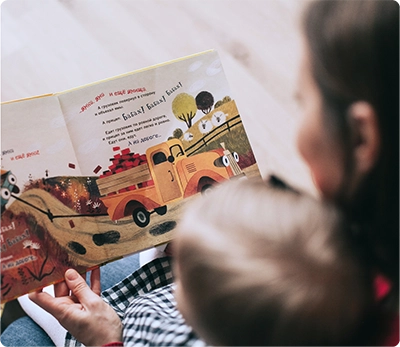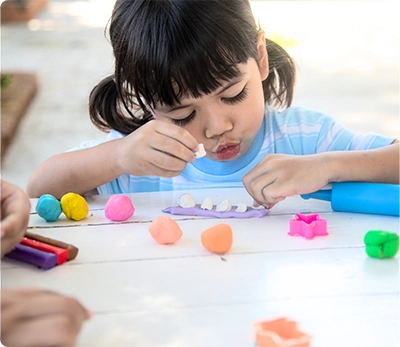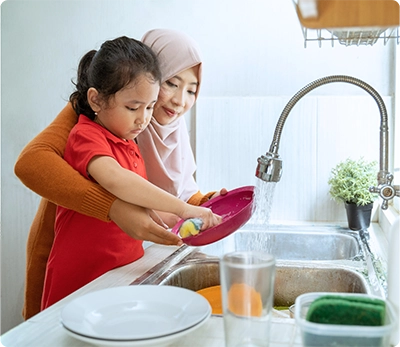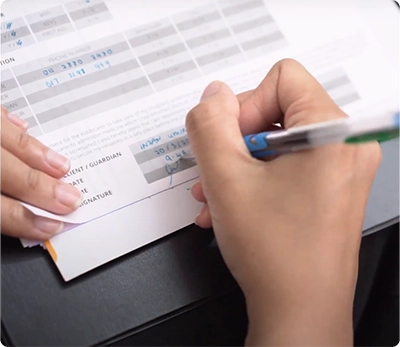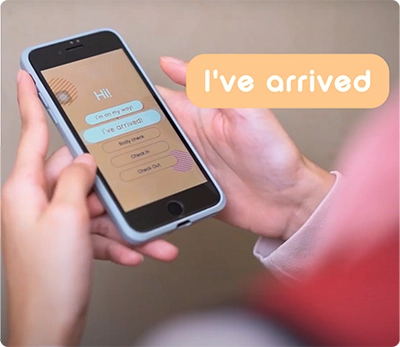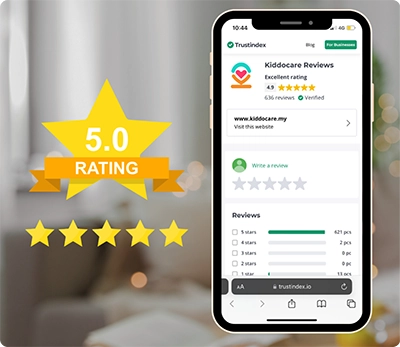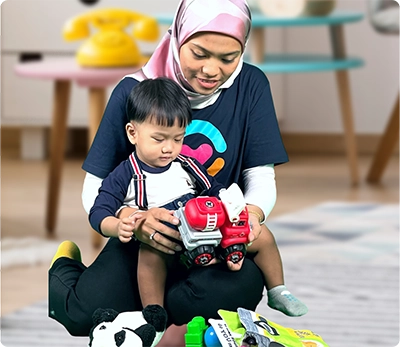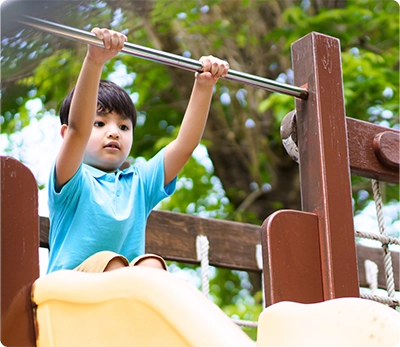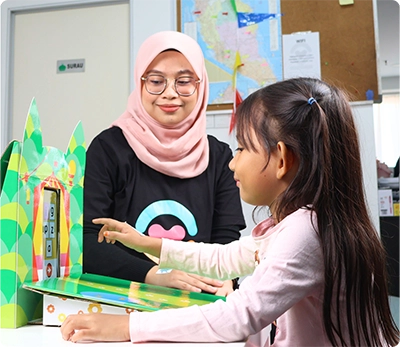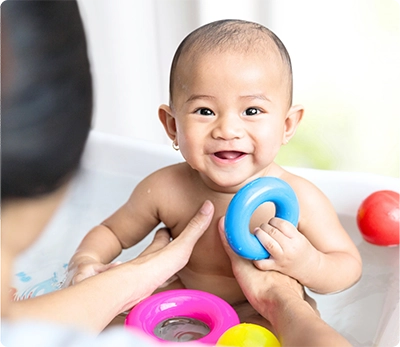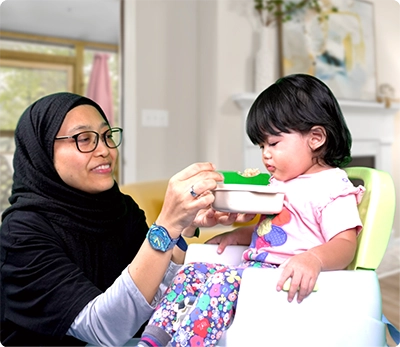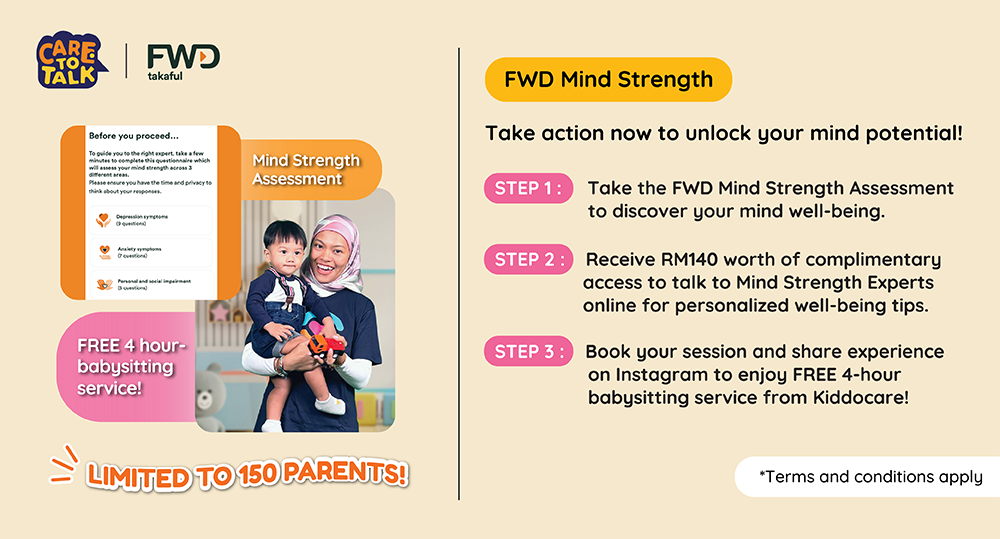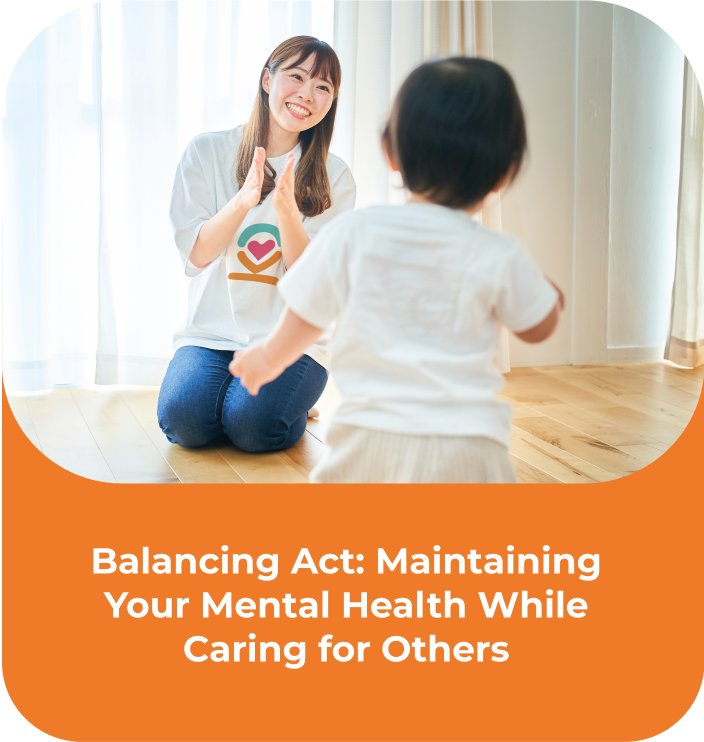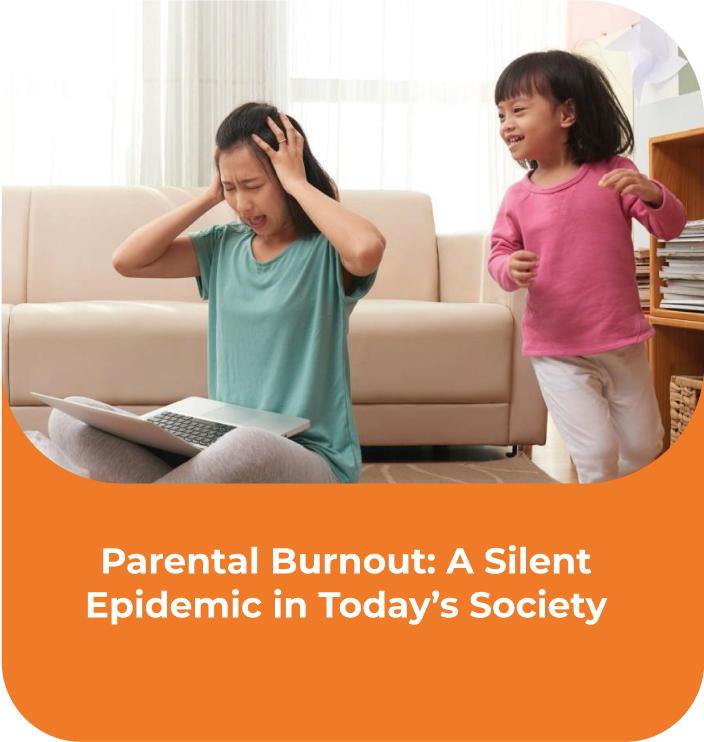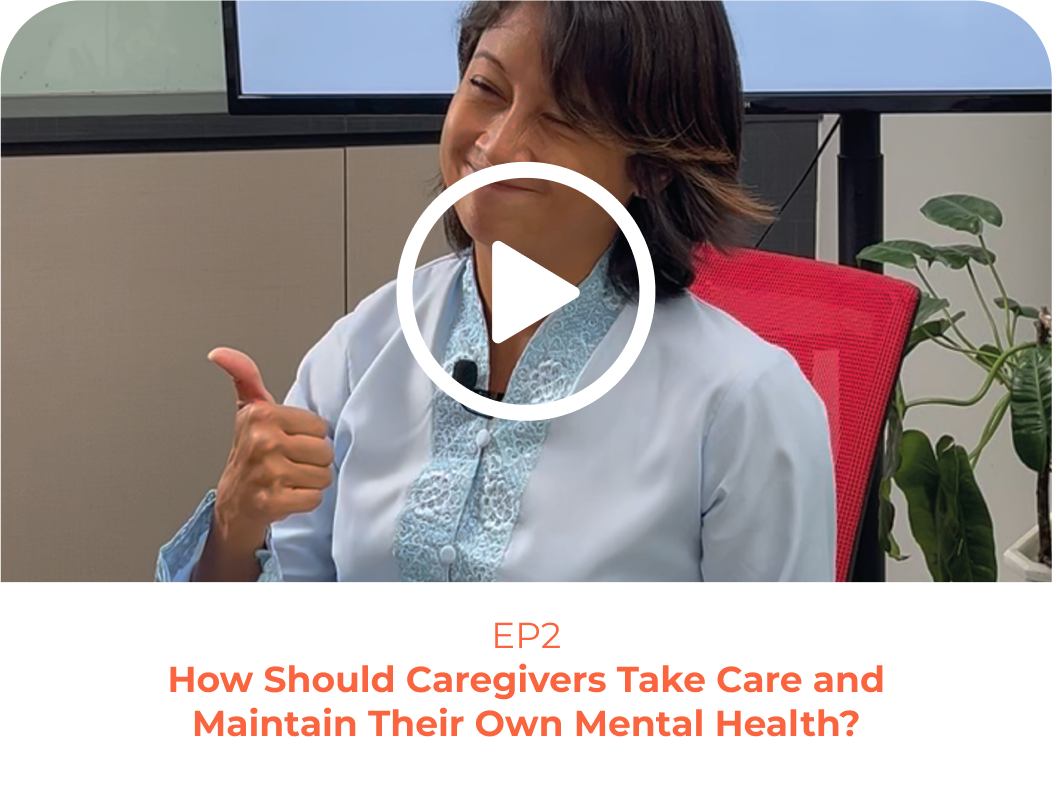5 Safety Rules at Home for Your Children
For some, childhood was the best time of their lives. We only had one job and it was to play, play and play!
But… do you remember how many times you would scratch yourself or trip and fall while running? There were probably a few times where these incidents may have occurred and what followed next was your parents or teachers trying to calm you down from crying.
Now, when it comes to your children, we believe you wouldn’t want them to experience the pain that you had to go through. Whether at home or school, we believe you are concerned about your child’s safety.
However, they cannot be kept in a bubble, they need the freedom to play, get hurt and explore because this is how they learn about the world we live in. It is not possible for you to be on watch at all times which is why it is vital to establish certain safety rules at home for your children.
Setting safety rules for children not only makes them safe, but they also learn to respect the rules and authority which is beneficial for them to familiarize more with the environment outside their home.
So if you’re planning to minimize the risks and increase the safety of your home for your children, we have listed down 5 safety measures you could teach your children for their protection.
Keep the Doors and Windows Closed
This is the most basic rule but it is also the most important one to follow. Always remind them to close the doors behind them and windows as well if necessary especially if it is raining outside, as long as they can appropriately reach the windows to pull them shut. If not, we would advise you to tell them to call you if the windows need closing.
Teach your children how closing doors and windows can protect them from intruders entering their home as well as potential harmful animals like bees or snakes.
You may also tell your children to remind you to keep the doors closed or even lock your cars in case you forget to do so.
Don’t Climb on Furniture
Children have a natural tendency to climb or jump on furniture like sofas, chairs or tables because they think it’s fun. But… we all know that accidents tend to happen if we let them.
Inform them that if they need something that requires them to climb on furniture to get it, they should instead ask help from you.
Purchase some toys that may encourage physical activity. This way, your children can vent their energy by playing with toys.
Stay Away from Dangerous Products or Materials
We often get our children to do household chores with hopes that they will become more independent and responsible as they grow older. However, it is crucial to teach your child to lay down the ‘do’s’ and ‘don’ts’ as part of the safety rules at home.
For children under the age of 12 years old, refrain them from handling any objects or activities that may involve fire but teach them that fire should only be handled by adults and to be used only in a controlled environment.
Sharp objects and cleaning products should also be kept away at a safe place where they cannot get accessed to. By doing all of this, you are significantly minimizing the possibility of accidents occurring in your home.
Teach Your Children Things to Do in an Emergency
Teach them how to make a phone call and list down emergency contacts including your number and put them on the table with your landline phone. You may also put them on the refrigerator’s door if you allow them to have a mobile phone.
Let them memorize your phone number and advise them to only call 999 if there’s an emergency. Give them a few situations so they can understand what defines an ‘emergency’. You should also guide your children what to do or where to exit if fire takes place.
Never Share Personal Information Online
MCO has introduced our children to the Internet at a much faster pace than what we originally planned for them. Most children know how to access the Internet and even some of them know better than their parents!
What you can do is tell your children that the Internet should only be used while in your presence. Tell them to only befriend their classmates and closed ones and avoid connecting with strangers online. However, teach them that personal information should not be given to anyone, even their friends, no matter how friendly they may seem.
For additional safety, parental control should also be installed to limit access of potentially harmful information on the Internet.
It’s time for you to establish safety rules for your children! Stay safe!
















